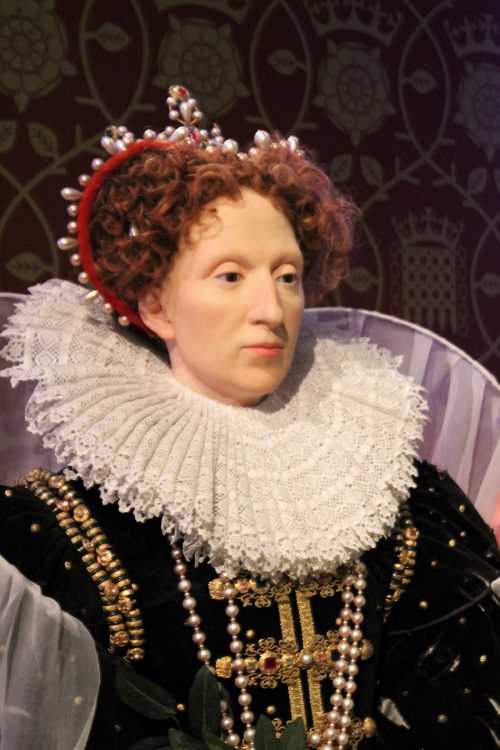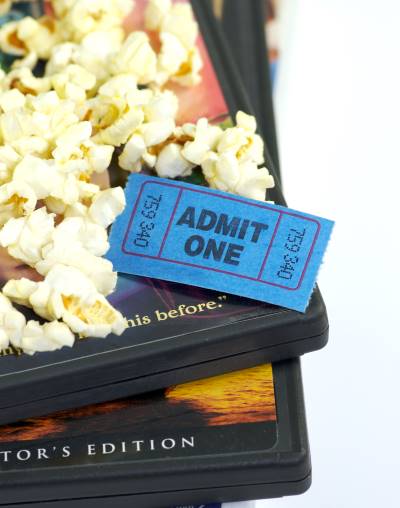
One of the ways to bring history to life is to actually view it. While not everyone is able to travel the world to visit historic sites or take part in reenactments, movies provide an excellent way to view the past. There are multiple ways to use movies to teach history – from documentaries and biopics to fictional accounts and movies based on real-life events. There is so much the silver screen has to offer those seeking information about the past.
On your journey to search for a movie to fit your history curriculum, I recommend you ask yourself several questions. This will help you narrow down which movie or movies you wish to share with your family.
Key Questions to Think About
- What do you want you and your children to get out of watching the movie?
- Does the language used, adult situations, or other content inhibit your choices of what movies to view?
- Are you more interested in accuracy of a real-life event or person—or is it okay that the story is fictionalized?
- When or how does the movie fit into my curriculum? What is the message of the movie?
- Are there underlying themes that go against your beliefs? Do you want to read reviews?
- Will they influence your decision making?
- You might also take into consideration the previous work of the director and actors. Does that influence your opinion on using the movie with your children?
In addition to these questions geared specifically to a movie, you can add in some questions in relation to the study of history. When studying history in general, thinking about your approach will help you and your children get more out of the subject area because studying the past does not need to be difficult or boring.
How Can Using Movies Add to Our Study of History ?
Movies can provide students of history with a variety of experiences.
- Factual information can be relayed.
- Observe the look and feel of a particular era or time period.
- Explore the language of a specific era.
- Introduce the music, clothing style, and technology of an era.
- An understanding of why our ancestors made certain decisions can be studied.
- Gaining empathy for the people of the past is a possibility.

If the movie is based on a real-life person or event, the story may be fictionalized or altered to meet the needs of the script, director, etc. Do these changes impact the historical value of the work? For example, in the movie Elizabeth (1998) many of the events are compressed and a few shuffled around to make for a smoother account on the silver screen. In my opinion, this does not detract from the quality of the film or its usefulness when studying the Tudor queen. It could help make the study of Queen Elizabeth I more interesting if you wish to study her life in greater detail. (Looking for a brief background of Elizabeth I? You can find out more in my post E is for Elizabeth I .)

Now That You Have Chosen a Movie
After thinking about the questions, I shared earlier, I will decide upon which movie or movies I want to share with my children for our homeschooling journey. If I am not already familiar with the chosen movie, I will take several steps before sharing it. At the most basic level – when preparing to share a movie – I watch it prior to sharing it with children. I take notes, mark down time stamps for when events occur that I might want to discuss further, and write out questions (both comprehension questions [to ensure they were watching and understood the movie] and critical thinking questions that go beyond the story).
I might also research how the movie was made, what was the goal or point the director and producers were trying to make, and look at reviews – both contemporary to the release of the film and newer ones if it is an older work. Looking into the background details often provides an interesting place to take the study further than the study of history.
Depending upon your homeschooling routine, you could let your older children watch the movies on their own and discuss after they view them as we do most of the time with our teen son. For example, while studying World War I, I asked him to watch All Quiet on the Western Front (1930) to see the events of trench warfare from the German perspective. We then briefly discussed the movie during dinner.
If you have younger children or wish to share a movie together as a family, you could have a movie night even including snacks tied into the movie. Watching Jason and the Argonauts (1963) while studying Ancient Greek history and mythology? Enjoy a snack of figs, raisins, and pomegranates which Ancient Greeks enjoyed for dessert.
An Asset for Your Homeschool
There are so many great choices for movies. I highly recommend you never shy away from using them in your homeschool. Even if they possess inaccuracies, they provide a great opportunity to practice critical thinking skills. Ask your children to research what really happened. So, whether there is a sudden change in your homeschool routine and you want to watch a documentary to cover a topic or you are looking to delve deeper into an area of study, movies can be a great asset for your study of history.
Other Options
In addition to historical fiction or movies based upon true events, you can also incoroprate documentaries into your homeschool routine. If you are looking for other types of movies why not check out these:
- Redeem TV’s Penn’s Seed: The Awakening
- Drive Thru History® Acts to Revelation
- Drive Thru History Adventures – Subscription Service
—oOo—
A big thank you to Kristen of A Mom’s Quest to Teach for writing this article.
Kristen is a housewife and mother to a teen stepson and two younger children. She is a certified social studies teacher. She has worked as a volunteer at a National Park site, in the education department of a metropolitan zoo, and as a high school history teacher.

